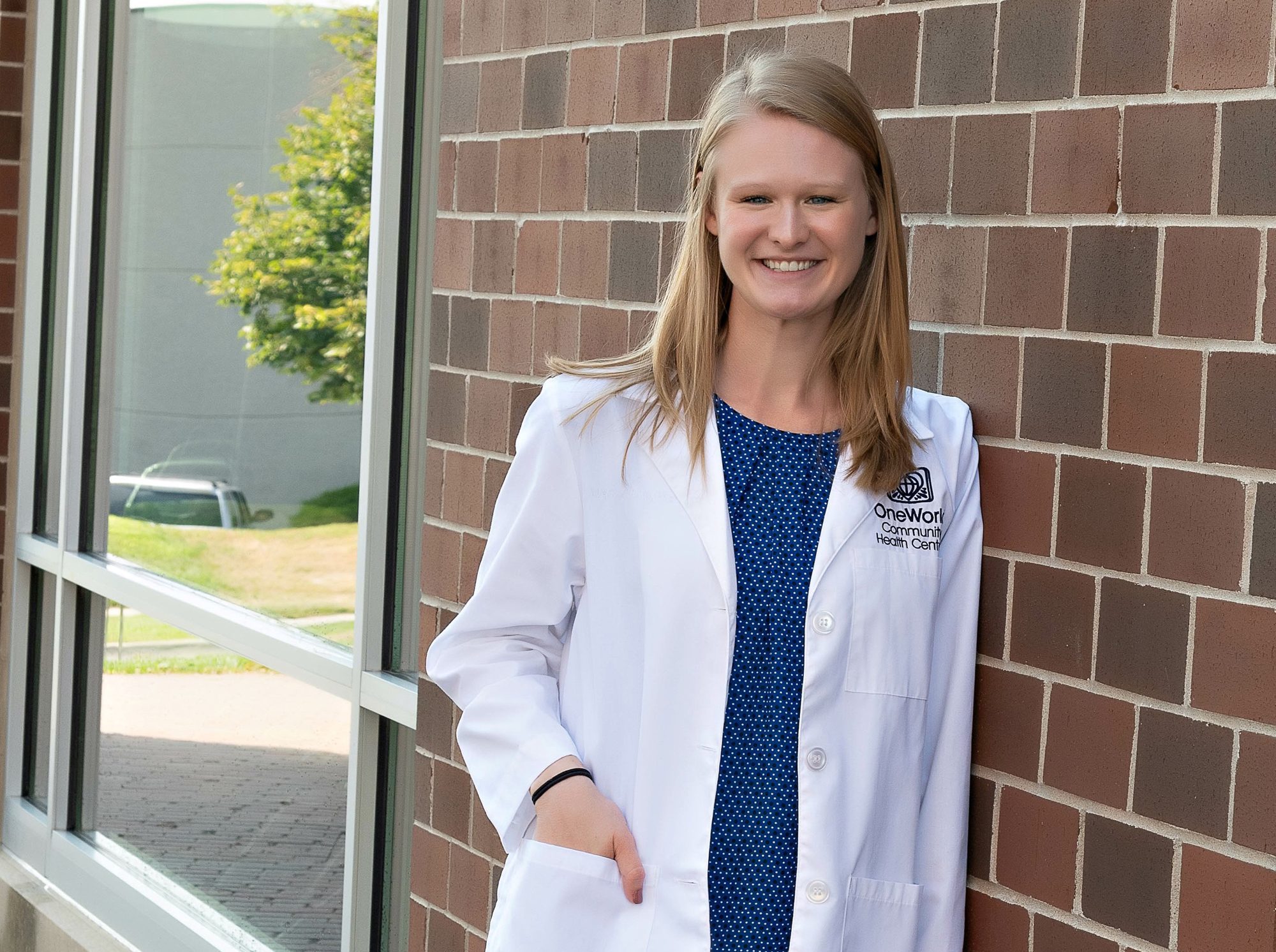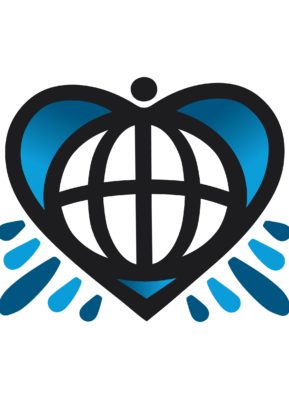Taking the time
Clinical pharmacist breaks down language barriers to help Karen-speaking patient understand medications and control their diabetes

Jessica Witt, PharmD.
For Clinical Pharmacist, Jessica Witt, PharmD, every day is another opportunity to help patients learn about the medications they are taking. While the end goal of helping the patient achieve their health goals remains the same, the ways Dr. Witt teaches patients about medications varies, especially for patients with language barriers.
In April 2023, Dr. Witt received a message from Alex Dworak, MD, Family Medicine Physician, asking for help teaching a Karen-speaking patient about insulin. Dr. Dworak said at the time the patient’s A1c, or blood sugar average, was considered uncontrolled at 10.4 percent. The patient also disclosed they were unsure of the differences between the two types of insulin they were prescribed and were not taking the medications correctly.
“Insulin is a very sensitive medication,” said Dr. Witt. “It’s very important patients know how to take it.”
The OneWorld Clinical Pharmacist team works closely with OneWorld’s primary care clinicians to help patients both on a scheduled and walk-in basis. Appointments with clinical pharmacists are free of cost to help increase access to quality care.
Dr. Witt said after talking to the patient and their caregiver using an over-the-phone interpreter, she learned the patient could not read the labels on each of their insulin pens, so they had no way to know what medication they needed to take, nor what dosage and time.
Insulin pens are often wrapped in different colors to help differentiate between different types of insulin. Dr. Witt confirmed the patient could identify different colors, and then created a plan.
“I took two different writing pens, and looked at the medication module and matched the pen color to the insulin pen,” said Dr. Witt. “From there, I printed off a picture of insulin pens, and I colored in the specific color for each insulin pen. That way whenever they were looking to determine which medication they needed to take, they were able to look specifically at the color.”
After finding a new labeling solution for the insulins, Dr. Witt confirmed the patient could read numbers. Dr. Witt then wrote out the units that they were prescribed on the medication module.
Dr. Witt also used sun and moon symbols to code if each insulin needed to be taken during the day or at night.
“The patient picked up on the code very quickly,” said Dr. Witt. “We were able to utilize those pictures to help the patient understand when they should take the medications along with how many units they should take. I also made sure to explain that if their medications changed, that we needed to know right away so we could make adjustments.”
Throughout the process of creating the new medication module code, Dr. Witt asked the patient and their caregiver if they had any questions, and repeated information as many times as the patient asked.
“Taking the time with this specific patient was extremely beneficial for their understanding of their medications, and also to demonstrate our commitment to their health and safety,” said Dr. Witt. “Everyone deserves a chance to have equitable health care, understand what’s going on with their health and take charge of their own health.”
When the patient returned to see Dr. Dworak 30 days later, the patient’s A1c was at nine percent, what Dr. Dworak said to be excellent progress in such a short period of time. In July of 2023, the patient’s A1c was down to seven percent, a direct reflection of better medication usage.
At OneWorld, We Care for All People.




